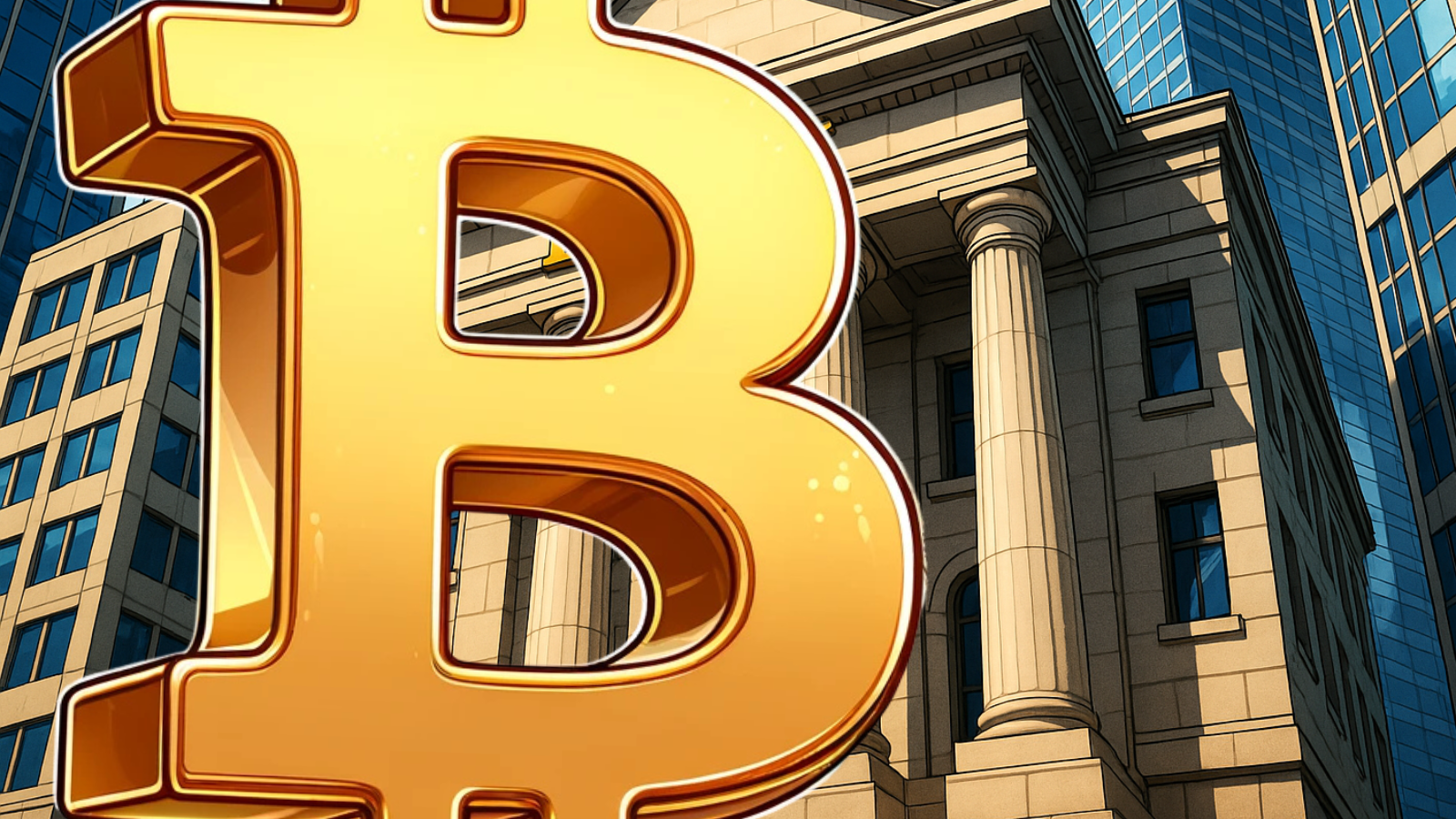Swiss Banks Pull Off First Ever Legally Binding Blockchain Payment
UBS, PostFinance and Sygnum prove banks can make legally binding transactions on a public blockchain

Some of Switzerland’s largest banks have made history by completing the first legally binding interbank payment using blockchain technology. UBS, PostFinance, and Sygnum Bank, under the Swiss Bankers Association (SBA), carried out a proof-of-concept that tested smart contracts and deposit tokens for cross-bank transactions.
The test involved fiat transfers triggered by tokenized instructions on a public blockchain, marking a breakthrough for traditional finance. In one scenario, customers of participating banks exchanged payments, while another simulated an escrow system where deposit tokens were swapped for tokenized real-world assets, all processed automatically through smart contracts.
The SBA called it the first time banks executed a legally binding payment across institutions using tokenized bank deposits on a public blockchain. The association said the system provided verifiable processes, security, and regulatory compliance. However, it also warned that scaling the system would require further design improvements and greater cooperation with other banks, regulators, and infrastructure providers.
UBS digital assets lead Christoph Puhr said the success shows interoperability between traditional bank money and blockchain is “becoming a reality.” He added that the move accelerates innovation in tokenized assets and helps shape the future of global financial systems.
Founded in 1912, the SBA represents more than 265 Swiss banks and 12,000 industry professionals. The pilot signals growing interest in blockchain-based payment rails among large financial institutions, blurring the line between traditional finance and decentralized finance (DeFi).
Globally, central banks are also testing blockchain infrastructure. A joint study by the Federal Reserve Bank of New York and the Bank for International Settlements found that smart contracts could give central banks flexible, rapid-response tools in tokenized systems, though existing infrastructure remains limited.
This Swiss breakthrough may be the first step toward mainstream adoption of blockchain payments worldwide.


